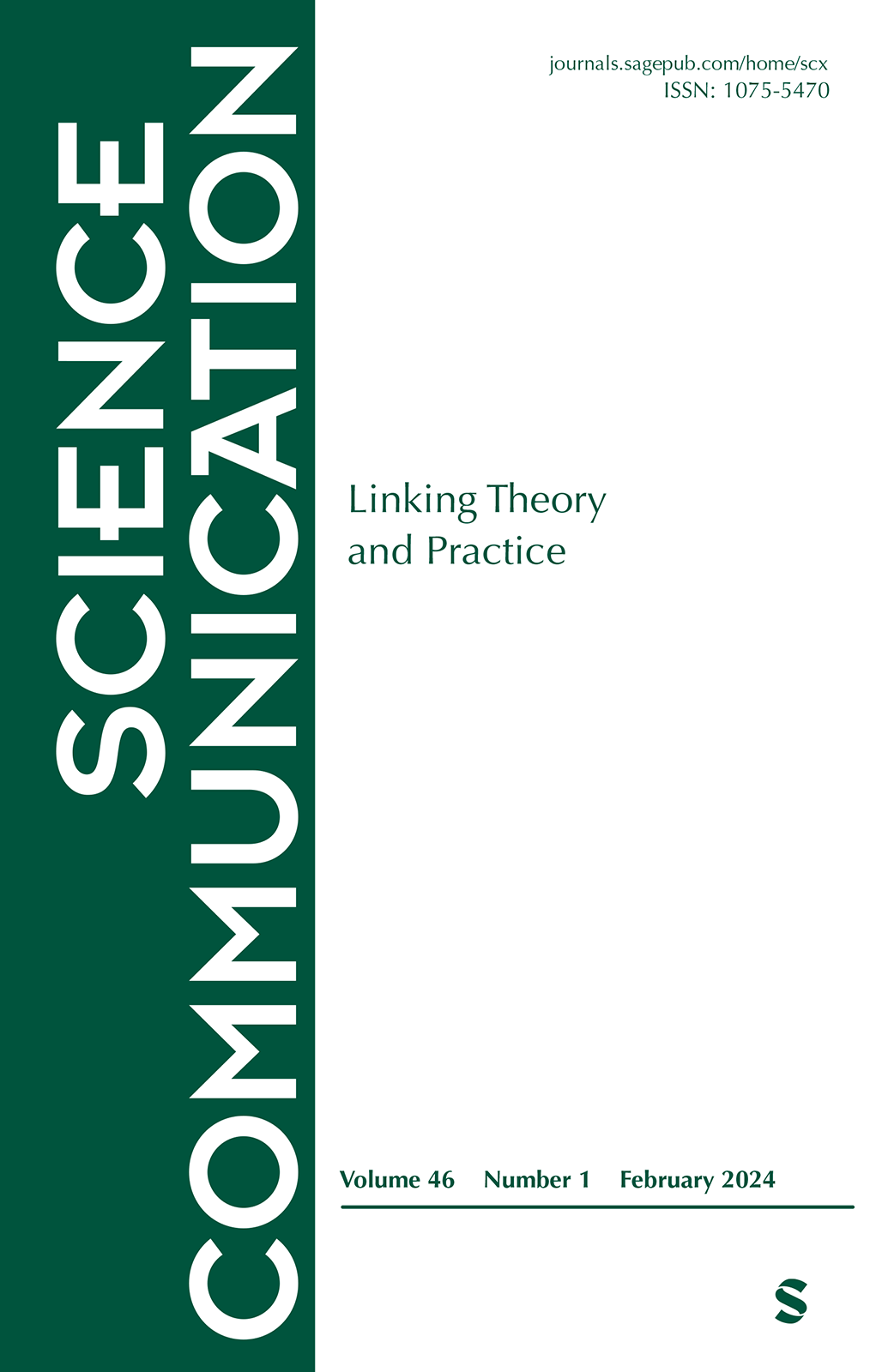全球变暖信仰中的电视新闻、政治喜剧、政党和政治知识:来自大规模小组调查的证据
IF 4.1
1区 文学
Q1 COMMUNICATION
引用次数: 4
摘要
对面板数据的二次分析发现,在控制了先前的信念和许多协变量后,2011年福克斯新闻的收视率与2016年和2019年对全球变暖的信念呈负相关,而2016年MSNBC、广播新闻和政治喜剧的收视率以及2019年CNN的收视率呈正相关。2016年,党派信仰差距随着美国有线电视新闻网(CNN)的观看而扩大,随着广播新闻、福克斯新闻(尤其是知识含量较高的新闻)和微软全国广播公司(尤其是信息含量较低的新闻)的观看缩小,而政治喜剧的观看则与更大(知识含量较低)和更窄(知识含量较高)的差距有关。讨论了对实践和理论的启示。本文章由计算机程序翻译,如有差异,请以英文原文为准。
Television News, Political Comedy, Party, and Political Knowledge in Global Warming Belief: Evidence From a Large-Scale Panel Survey
Secondary analysis of panel data found, after controlling for prior belief and many covariates, that 2011 Fox News viewing was negatively related to belief in global warming in 2016 and 2019, while MSNBC, broadcast news, and political comedy viewing in 2016 and CNN in 2019 had positive relationships. Partisan belief gaps in 2016 widened with CNN viewing and narrowed with viewing broadcast news, Fox News (especially with higher knowledge) and MSNBC (especially with lower knowledge), while political comedy viewing was associated both with wider (with lower knowledge) and narrower gaps (with higher knowledge). Implications for practice and theory are discussed.
求助全文
通过发布文献求助,成功后即可免费获取论文全文。
去求助
来源期刊

Science Communication
COMMUNICATION-
CiteScore
13.50
自引率
4.40%
发文量
19
期刊介绍:
Science Communication is a prestigious journal that focuses on communication research. It is recognized globally for publishing top-quality manuscripts that demonstrate excellent theoretical frameworks and robust methodology. Our journal embraces a broad definition of science, encompassing not only the natural and physical sciences but also social science, technology, environment, engineering, and health. Regardless of the scientific area, effective communication is always the focal point of our investigations.
Apart from theoretical and methodological rigor, we place great emphasis on the practical implications of scientific communication. Therefore, we expect all submitted manuscripts to address the real-world applications and significance of their research, alongside theoretical considerations.
In summary, Science Communication is an internationally renowned journal dedicated to bridging the gap between science and society. By promoting effective communication in various scientific domains, we strive to engage readers with intriguing research that has tangible implications for the world around us.
 求助内容:
求助内容: 应助结果提醒方式:
应助结果提醒方式:


